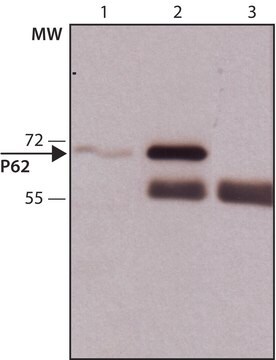T1032
TNM-FH insect medium
With L-glutamine, without sodium bicarbonate, powder, suitable for insect cell culture
Synonym(s):
Graces Modified Medium
About This Item
Recommended Products
Quality Level
form
powder
concentration
50.6 g/L
technique(s)
cell culture | insect: suitable
suitability
suitable for culture of other lepidopteran cell lines (Originally developed for the culture of Trichoplusia ni cells)
components
L-glutamine: 0.6 g/L
NaHCO3: no
shipped in
ambient
storage temp.
2-8°C
Looking for similar products? Visit Product Comparison Guide
General description
supplement
Storage Class Code
11 - Combustible Solids
WGK
WGK 3
Flash Point(F)
Not applicable
Flash Point(C)
Not applicable
Certificates of Analysis (COA)
Search for Certificates of Analysis (COA) by entering the products Lot/Batch Number. Lot and Batch Numbers can be found on a product’s label following the words ‘Lot’ or ‘Batch’.
Already Own This Product?
Find documentation for the products that you have recently purchased in the Document Library.
Customers Also Viewed
Our team of scientists has experience in all areas of research including Life Science, Material Science, Chemical Synthesis, Chromatography, Analytical and many others.
Contact Technical Service
